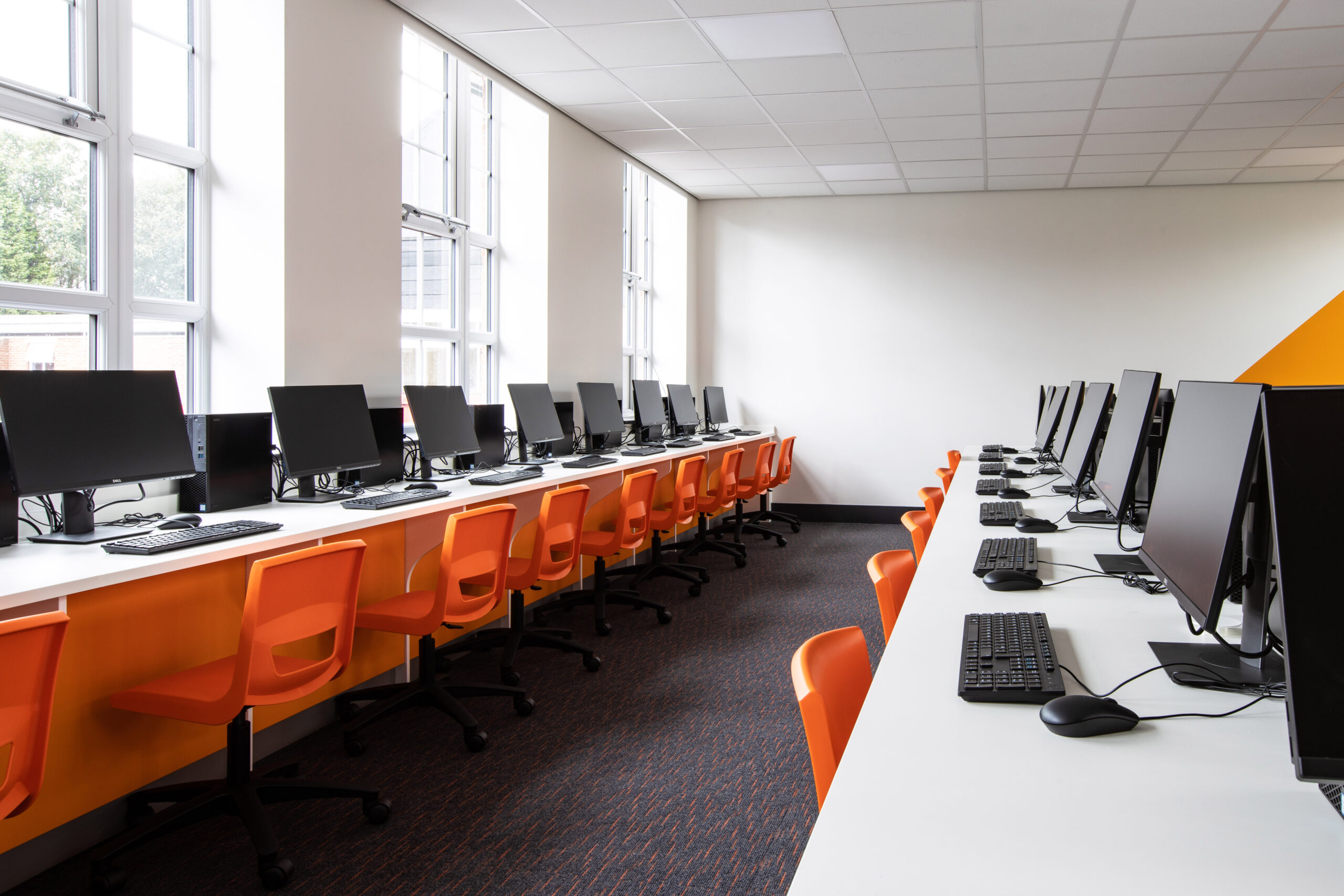
Year 11 Support
At Rudheath Senior Academy, we aim to support your child throughout Year 11, helping them to get ready for their important exams, while also encouraging them to stay well and healthy. This page is designed to support you in preparing for the year ahead.
Included in this section of the website and under each of the headings below, there is detailed information to help you support your child. Please remember, parents/carers do not need to be subject specialists to help their child as that is the role of the teacher. However, they do need to be well informed about the school curriculum and the examination process and the important supportive role they can play within it.
Pre Public Exams
Exam Timetables
Contact
You can contact any of the key contacts below of the member of staff you would like further information/support from.
- Rebecca Rive – Deputy Headteacher for Outcomes rrive@rudheathsenioracademy.org.uk
- Phil Brown – Head of Year 11 pbrown@rudheathsenioracademy.org.uk
- Daniel Cooper – Key Stage 4 Pastoral Manager dcooper@rudheathsenioracademy.org.uk
Head of Faculty
- Alice Shaw, English and Languages
- Adam Wright, Maths, Business and Computing
- Amanda Walker, Technology and Art
- Guy Lambert, Humanities
- Amanda Walker, Creative Arts
- Richard Russell, Sport
Form Tutors
- Angela Gibson, -VHU
- Grace Lycett, -GLY
- Adam Wright, -AWR
- Lucy Heaton , -LHE
Please refer to your child’s timetable for names of subject teachers, however, if unsure then please contact their Head of Year for further support.
Useful Documents

